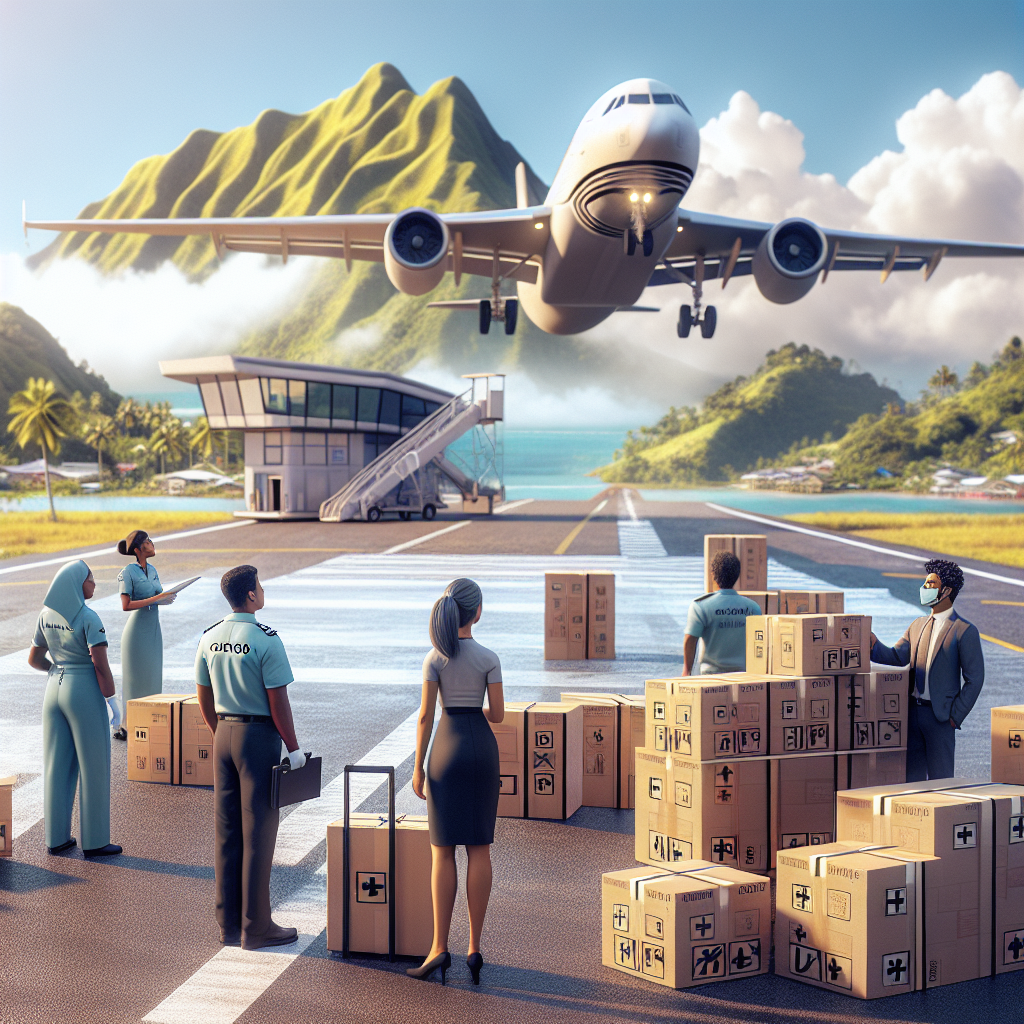Import unapproved medicine into Fiji
Importing medicines into Fiji
 View English version
View English version
Importation of Life-Saving Unapproved Medicines into Fiji
The Medicinal Products Decree (2011) establishes the framework for the regulation of medicinal products within Fiji. When a life-saving medicine is unapproved or unavailable in Fiji, there are specific requirements that must be met to import it for personal use.
Overview of the Medicinal Products Decree (2011)
The Medicinal Products Decree (2011) serves as the primary legislation governing the control, regulation, and importation of medicinal products in Fiji. It aims to ensure the safety, quality, and efficacy of medicines supplied to the public.
Importation for Personal Use
Under the Decree, individuals may import medicines for personal use under certain conditions. This includes situations where the medicine is life-saving and not available or approved in Fiji.
Unapproved or Unavailable Medicines
Unapproved medicines are those that have not been registered or authorized for use in Fiji. Importing such medicines requires adherence to specific protocols to protect public health.
Life-Saving Medicines
Life-saving medicines are those essential for treating life-threatening conditions. The urgency and necessity of these medicines necessitate a streamlined importation process.
Requirements for Importing Life-Saving Unapproved Medicines
To import a life-saving unapproved medicine for personal use, individuals must fulfill the following requirements:
1. Obtain a Prescription from a Registered Medical Practitioner
A valid prescription from a medical practitioner registered in Fiji is mandatory. The prescription should clearly state the necessity of the medicine for the individual's health condition.
2. Submit an Application to the Fiji Medicinal Products Board
An application must be submitted to the Fiji Medicinal Products Board for approval. The application should include:
- Patient's personal details
- Medical diagnosis and justification for the medicine
- Details of the medicine, including composition and manufacturer
- A copy of the prescription
3. Provide Supporting Medical Documentation
Medical reports and documents supporting the necessity of the medicine must be included. This ensures the Board understands the critical nature of the request.
4. Acquire an Import Permit
If the application is approved, the individual will be issued an import permit. This permit authorizes the importation of the specified quantity of medicine for personal use.
5. Compliance with Customs Regulations
Upon arrival in Fiji, the medicine must be declared to the Fiji Revenue and Customs Service. The import permit and supporting documents should be presented to customs officials.
Role of the Fiji Medicinal Products Board
The Board assesses applications based on the safety and necessity of the medicine. It ensures that imported medicines meet acceptable standards and do not pose a risk to public health.
Considerations and Potential Challenges
Importing unapproved medicines can present challenges:
- Delay in Approval: The approval process may take time, which could be critical for life-saving medicines.
- Regulatory Compliance: Failure to comply with regulations can result in confiscation of the medicine or legal penalties.
- Quality Assurance: Ensuring the medicine is sourced from reputable suppliers is essential to guarantee its efficacy and safety.
Individuals are advised to work closely with their healthcare providers and the Fiji Medicinal Products Board to navigate the importation process effectively.
Conclusion
Importing a life-saving unapproved medicine into Fiji requires careful adherence to the Medicinal Products Decree (2011). By fulfilling the necessary requirements, individuals can access essential medicines that are not otherwise available, ensuring continuity of care and safeguarding their health.

